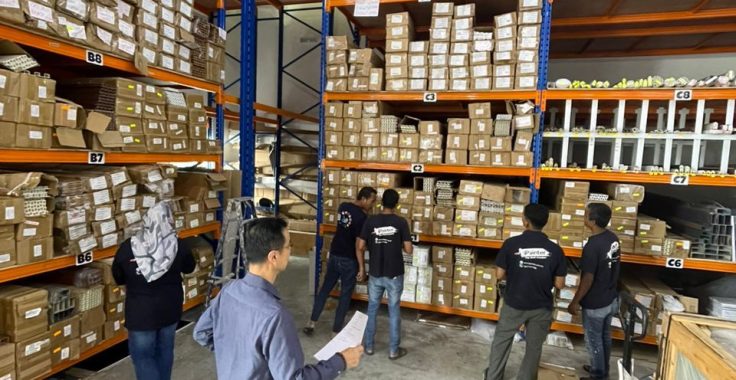
About Course
The purpose of having LMW is to enable manufacturers to set up its factory within the warehouse. It is primarily intended for an export-oriented market whose entire production or not less than 80% are meant for export.
LMW factories can be established anywhere in the principal customs area. This makes it different from FREE INDUSTRIAL AREAS which have to be gazetted & near the port.
LMW gets the same tax benefits as FIZ such as total tax exemption & sales tax @ 0% for its raw materials/components/machinery/equipment which is used directly in the production.
More importantly, participants would be able to understand and apply the correct procedures on import, export, subcontract and various types of sales & purchases.
Brochure
— Course Fee: RM 790.00 (Inclusive of 8% Service Tax) —
Student Ratings & Reviews
